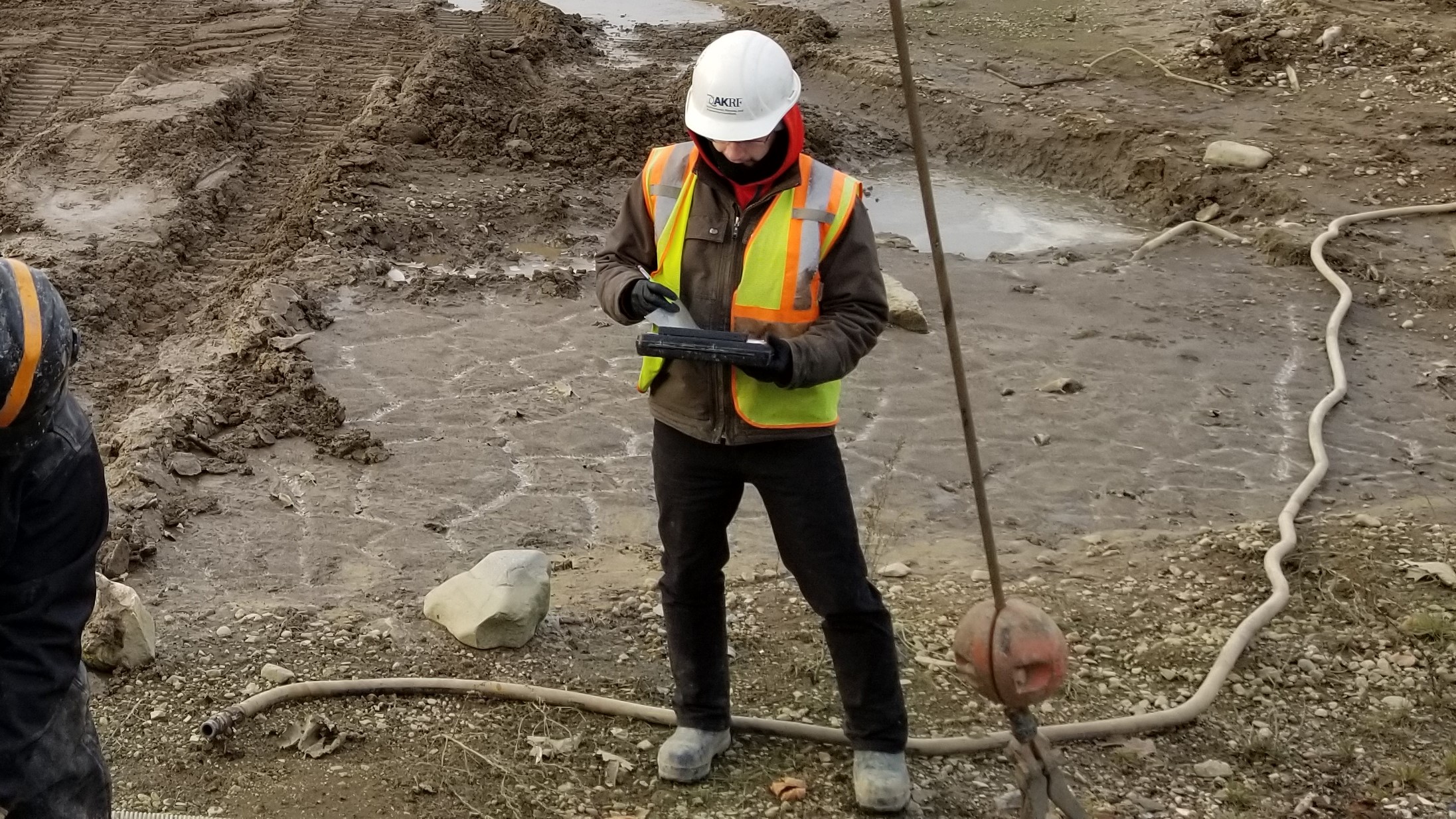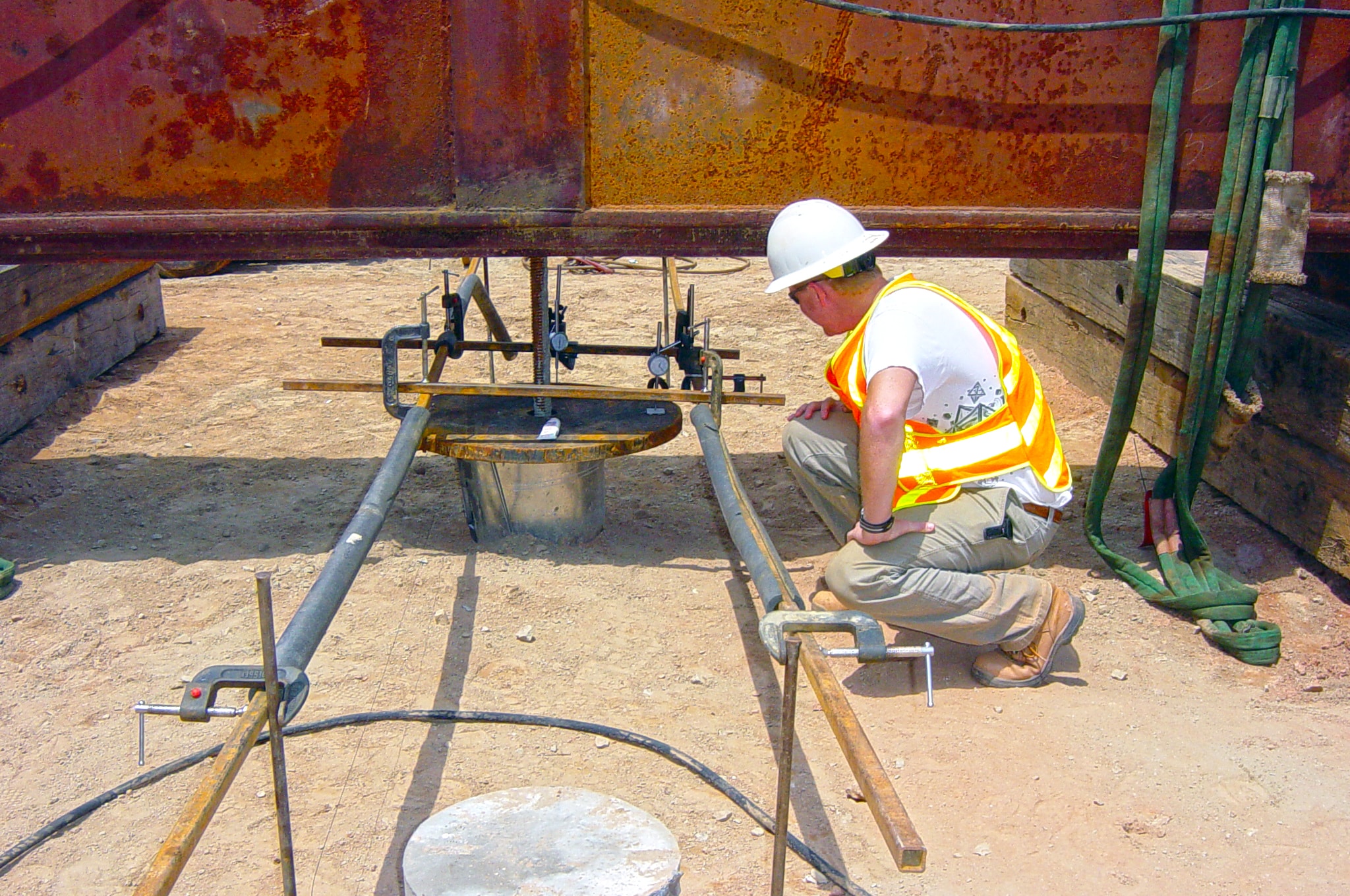Vital Qualities of Effective Civil Consulting Engineers
Vital Qualities of Effective Civil Consulting Engineers
Blog Article
A Thorough Introduction of the Key Duties of Geotechnical Engineers in Website Characterization and Ground Renovation Methods for Engineering Solutions
Geotechnical engineers are integral to the successful implementation of design jobs, charged with the essential responsibilities of site characterization and the application of ground enhancement strategies. Their work involves an extensive analysis of subsurface conditions, employing various screening methods to determine soil and rock buildings.
Function of Geotechnical Engineers
Geotechnical designers play a pivotal function in the design and construction of framework by analyzing the behavior of soil and rock under the surface - geotechnical industry. Their responsibilities incorporate evaluating subsurface problems to inform design decisions that make certain architectural security and security. By carrying out detailed analyses of dirt residential or commercial properties, including shear permeability, compressibility, and stamina, geotechnical engineers offer crucial information that affects the selection of ideal building products and methods
In addition to analyzing soil technicians, geotechnical designers are entrusted with determining prospective hazards such as landslides, sinkholes, and ground settlements. Their expertise helps reduce dangers connected with these geotechnical phenomena, consequently securing both the atmosphere and public safety. They likewise team up very closely with other engineering techniques, guaranteeing that geotechnical factors to consider are incorporated into total task layout.
Furthermore, geotechnical engineers take part in the examination of existing structures, giving suggestions for retrofitting and repairs when necessary. Their extensive understanding of soil-structure communication is essential for the development of lasting facilities remedies. On the whole, the function of geotechnical engineers is essential to the successful awareness of building and construction projects, guaranteeing they are risk-free, durable, and compliant with regulatory requirements.

Website Characterization Processes
Efficient website characterization processes are essential for recognizing the subsurface conditions that influence job design and implementation. Geotechnical designers employ a methodical approach to collect, review, and interpret information regarding soil, rock, and groundwater attributes. This process starts with a complete evaluation of existing literature and historic site data, giving understandings into previous website problems and prospective difficulties.

Data analysis complies with fieldwork, where designers utilize geostatistical techniques to analyze findings and produce geological versions. Through thorough website characterization, geotechnical engineers lay the groundwork for effective project execution, reducing unpredicted problems and enhancing source appropriation.
Soil and Rock Screening Techniques
While recognizing subsurface conditions is critical, the choice of ideal soil and rock screening approaches is equally important for precise evaluation and layout. Geotechnical designers use a variety of testing techniques to examine the physical and mechanical residential or commercial properties of soil and rock materials.
Lab examinations, such as Atterberg restrictions, grain dimension evaluation, and unconfined compressive strength learn the facts here now tests, supply crucial data on soil behavior under different moisture problems and loading scenarios. These tests assist figure out soil category and predict negotiation or shear toughness attributes crucial for foundation layout.
In-situ testing approaches, consisting of Requirement Penetration Examinations (SPT), Cone Infiltration Examinations (CPT), and stress meter tests, allow engineers to collect data directly from the ground. These methods offer valuable understandings right into the soil's density, uniformity, and stratification without the demand for substantial sampling.
Rock testing normally includes core sampling and research laboratory analysis to assess residential properties like uniaxial compressive strength and rock quality classification (RQD) Together, these dirt and rock testing methods allow geotechnical engineers to make enlightened choices concerning site-specific challenges, ensuring the safety and security and security of engineering solutions.
Ground Renovation Techniques
Ground improvement techniques are essential for boosting the engineering properties of soil, thereby enhancing its load-bearing capacity and decreasing negotiation. These techniques are important in addressing challenges provided by troublesome or weak soils, which can dramatically impact the stability and durability of structures.
Numerous ground improvement methods are utilized, consisting of compaction, grouting, and dirt stablizing. Grouting, on the other hand, entails injecting a liquid product into the ground to fill up voids and enhance soil communication.
Soil stabilization includes an array of approaches, from chemical additives to mechanical treatments, targeted at improving the soil's resistance to disintegration and deformation. Strategies such as lime stablizing or concrete blending change the homes of the soil at a particle degree, improving its total performance.
Relevance of Geotechnical Evaluations
Geotechnical assessments play an important function in the preparation and design of engineering projects, as they offer vital info regarding the subsurface conditions. Recognizing soil properties, rock formations, groundwater levels, and potential geohazards is important for ensuring the stability and safety and security of frameworks. These assessments enable engineers to make educated decisions concerning website option, layout specifications, and construction methodologies.
The relevance of geotechnical evaluations extends past initial project stages; they contribute in threat monitoring and price performance. By determining potential problems early, such as dirt settlement, slope instability, or excessive groundwater, designers can create suitable reduction techniques, lowering the browse around these guys chance of structural failings and pricey delays. Additionally, these assessments sustain compliance with governing needs and improve the sustainability of design methods.

Final Thought
To conclude, geotechnical engineers are crucial to guaranteeing the security and stability of engineering tasks with thorough website characterization and ground improvement methods. geotech engineer. Their systematic approach to evaluating subsurface conditions, combined with their referrals for effective ground alteration, substantially boosts soil properties and load-bearing capability. The proficiency of geotechnical engineers not just helps with informed task preparation yet also guarantees compliance with guidelines and promotes efficient communication amongst stakeholders, eventually adding to effective design end results
Geotechnical engineers play a crucial duty in the style and construction of infrastructure by evaluating the actions of dirt and rock beneath the surface. By conducting thorough evaluations of soil residential or commercial properties, consisting of shear toughness, permeability, and compressibility, geotechnical engineers provide vital information that influences the choice of appropriate construction products and techniques.
In enhancement to analyzing dirt mechanics, geotechnical designers are charged with identifying possible risks such as landslides, sinkholes, and ground settlements. Geotechnical designers employ a systematic technique to collect, evaluate, and translate information regarding groundwater, soil, index and rock features. By identifying potential issues early, such as dirt negotiation, slope instability, or excessive groundwater, engineers can design appropriate mitigation approaches, lowering the likelihood of architectural failings and pricey hold-ups.
Report this page